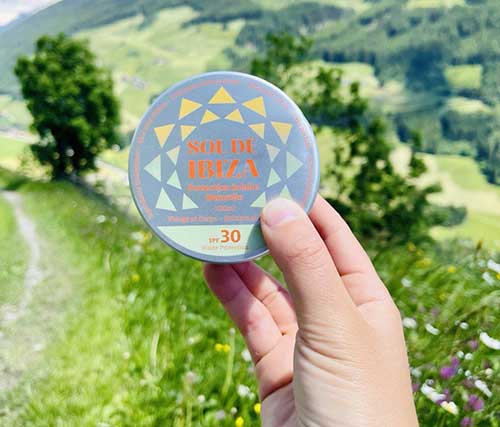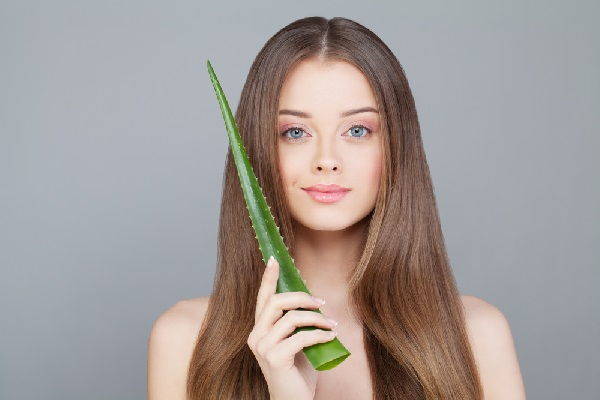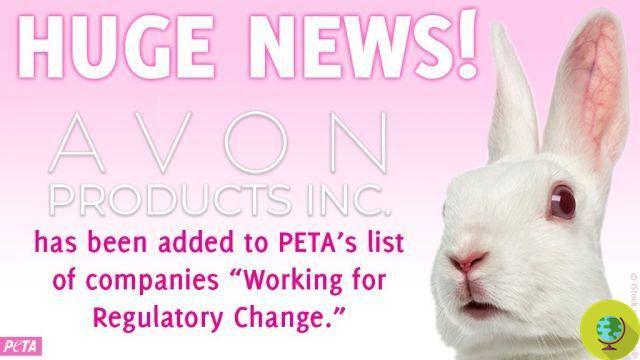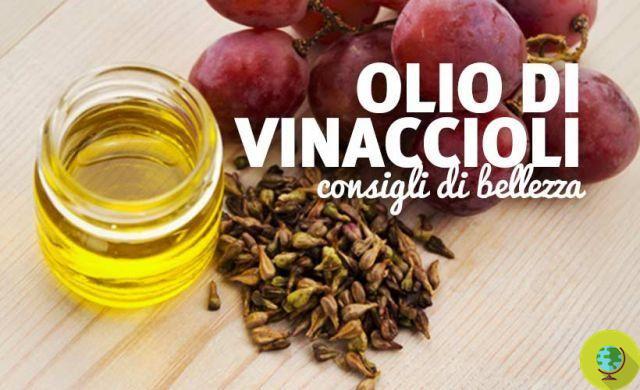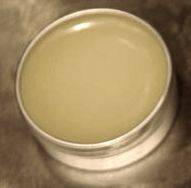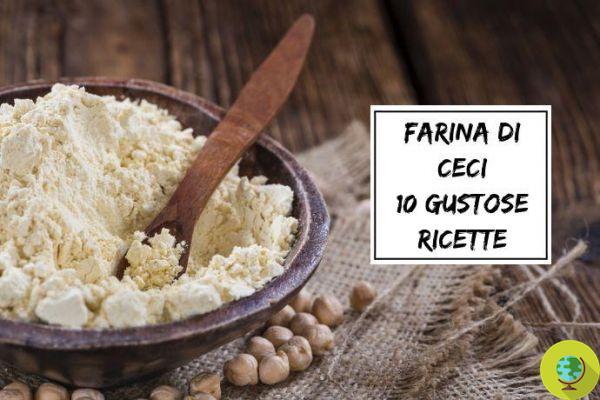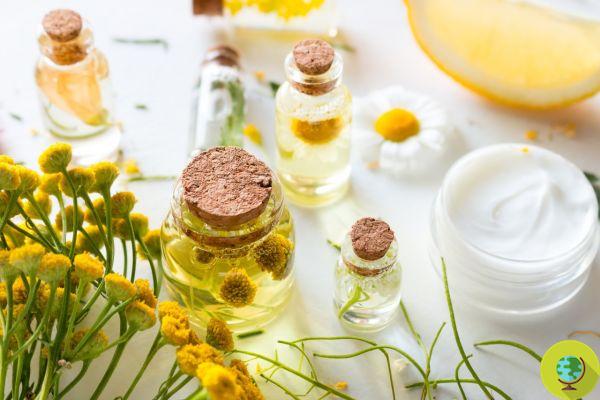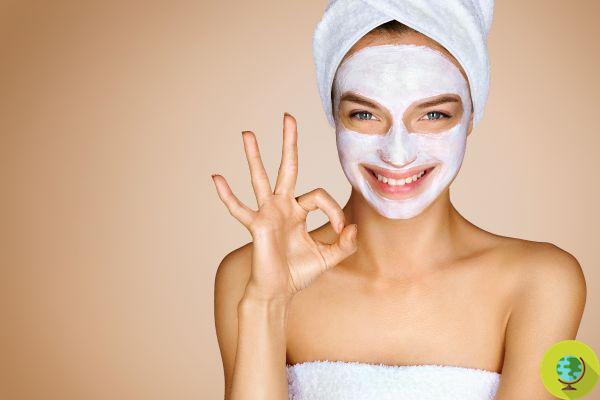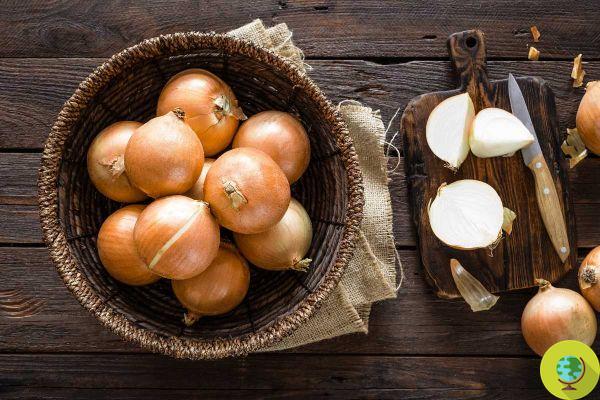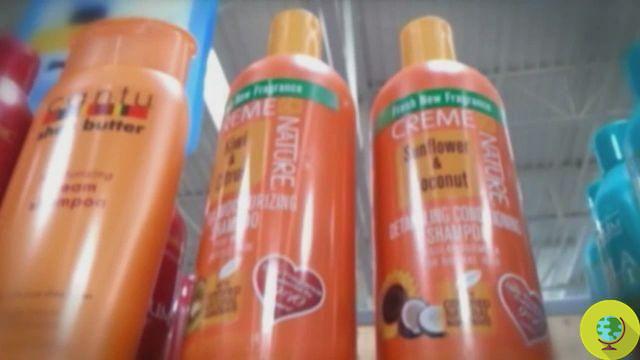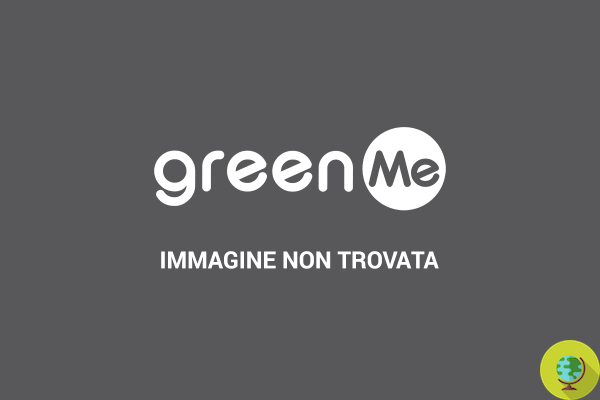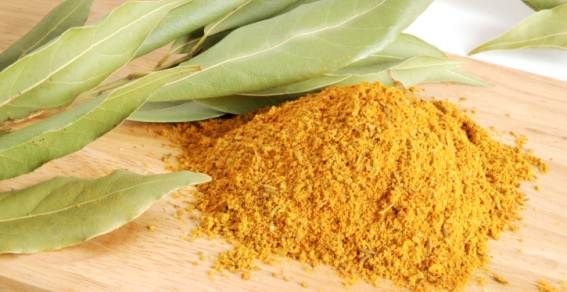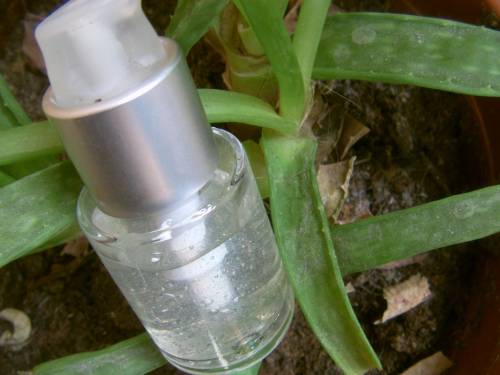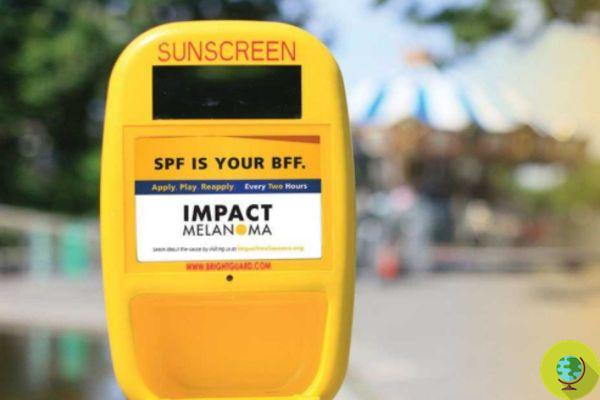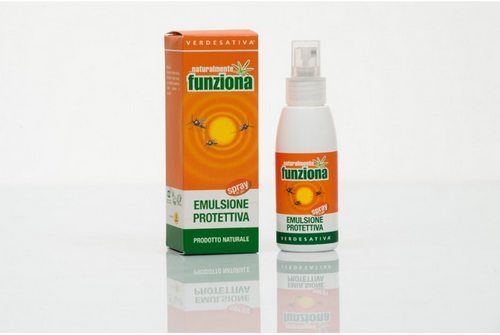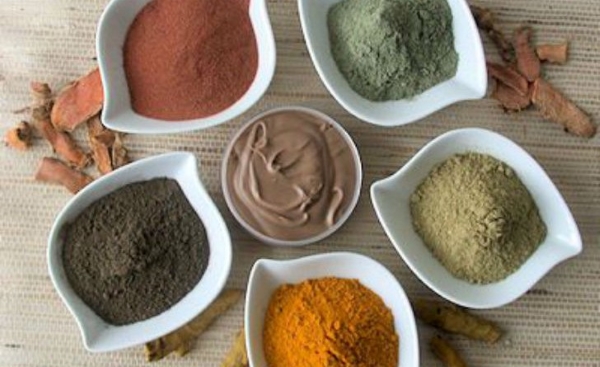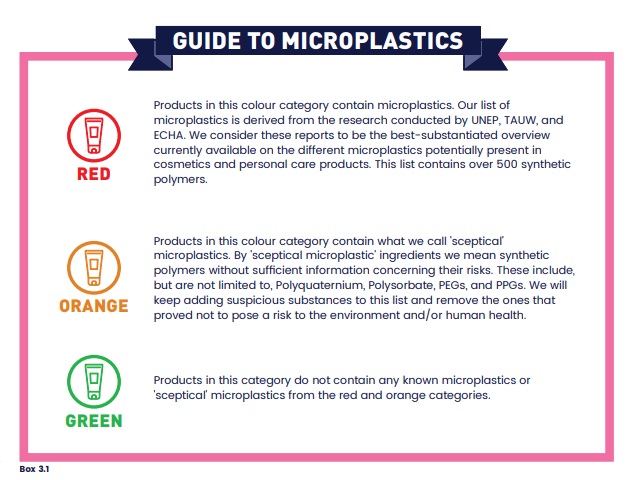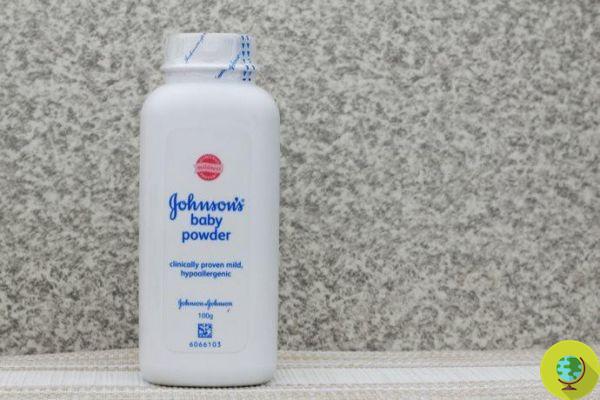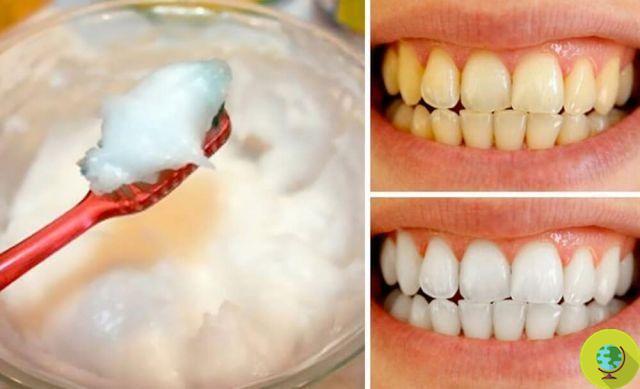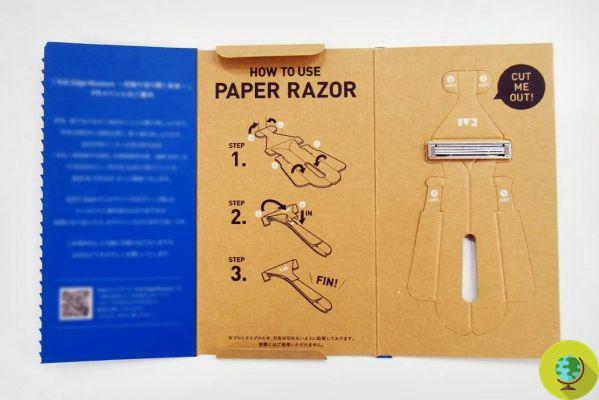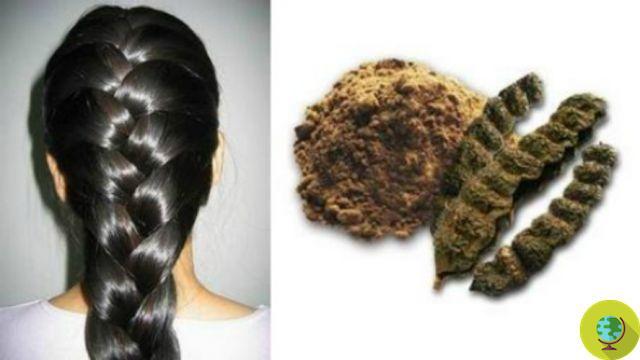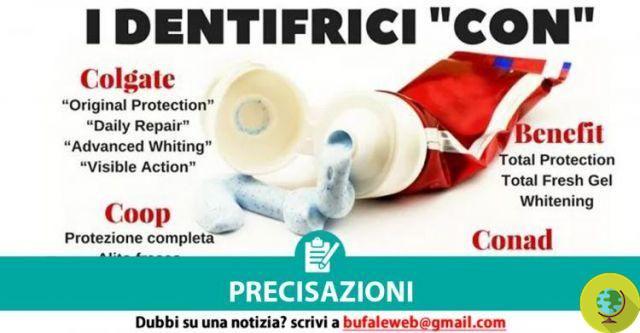
Triclosan, this unknown. Here is a cosmetic ingredient often used in cleansing and personal care products. We can find it, for example, in toothpastes and intimate cleansers, but also in mouthwashes or deodorants, as well as in detergents. This is a fairly common ingredient used to fight bacteria. But how safe is it? Unfortunately, many are unaware that it is an endocrine disruptor, just like bisphenol A.
Don't store avocado like this: it's dangerous
Triclosan, this unknown. Here is a cosmetic ingredient often used in cleansing and personal care products. We can find it, for example, in toothpastes e intimate cleansers, but also in mouthwashes or in the deodorants, as well as in detergents. This is a fairly common ingredient used to fight bacteria. But how safe is it? Unfortunately, many do not know that it is a endocrine disruptorjust like the bisphenol A.
Just check the ingredient lists present on personal hygiene products to check the presence of triclosan among the detergents and cosmetics we use every day. As for the United States, Food And Drug Administration (FDA) is expected to make a decision soon for protect consumers from triclosan and by health risks related to it.
Il triclosan, as an endocrine disruptor, is suspected of causing reproductive and developmental problems. The FDA had proposed the removal of triclosan from some consumer products as early as 1978, but had not made any final decisions. For this reason, the use of the ingredient by the industry has continued both for detergents, such as antibacterial soaps, and for detergents and cosmetics.
Precisely with regard to the use of triclosan in antibacterial hand soaps, the FDA should take decisive action by 2016. This should prohibit the use of triclosan in antibacterial cleaners, as regards products for sale in the United States. The FDA for 35 years has not spoken about triclosan, engaging in behavior that has been described as outrageous.
Triclosan antibacterial hand soaps, in the opinion of some experts, they are no more effective than other detergents that are devoid of it. Indeed, they could pose health risks. Suffice it to say that they have been identified triclosan residues in the body of 75% of Americans older than 6 years. The triclosan it is absorbed through contact with the skin. Traces of it have been found in blood, urine and breast milk.
Laboratory studies have confirmed that triclosan represents an endocrine disruptor capable of compromising the action of hormones for normal development and reproduction. This could cause long-term health problems, such as infertility and poor sperm quality. Furthermore, triclosan could damage the development of brain, leading to learning difficulties and memory. It could also contribute to the development of resistance of bacteria to antibiotics, weaken muscle functions and aggravate allergies.
THEEurope expressed itself in 2008 on triclosan, certifying its harmfulness, but guaranteeing safety if taken in small quantities such as those found in toothpastes or hand soaps. (HERE you can read the dossier). At the moment the triclosan in the EU is found under observation. Although it has already been recognized as pesticide and how pollutant, the use of triclosan is still permitted in industrially produced cosmetics and detergents.
Has been established un safety limit of 0,3% regarding the concentration of triclosan in products such as toothpastes, deodorants, hand or body cleansers. However, these are hygiene products that we use every day, even several times, for personal care. This is why, pending decisions from above, it would be good to avoid products that contain this substance.
What are the alternative to common products containing triclosan? Of course i eco-friendly and do-it-yourself cosmetics and detergents. For example, to replace our usual toothpaste, in case it is produced with triclosan, we can try to prepare a homemade toothpaste in cream or powder based natural ingredients, harmless to health and non-polluting.
Marta Albè
READ also:
Not only Bisphenol A: the "dirty dozen" of endocrine disruptors
INCI: how to read the list of cosmetic ingredients
Tips for choosing healthy and natural soap




